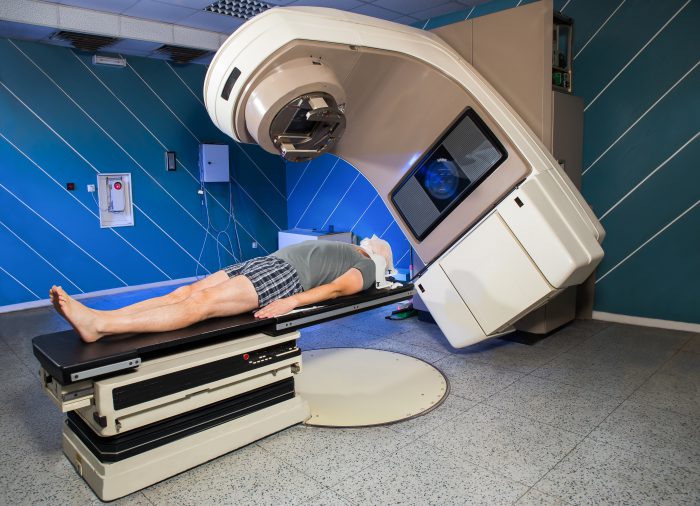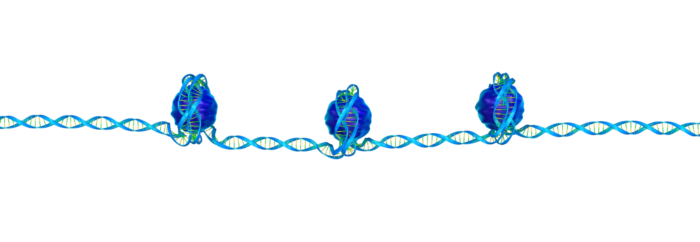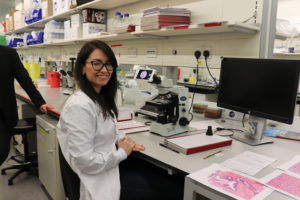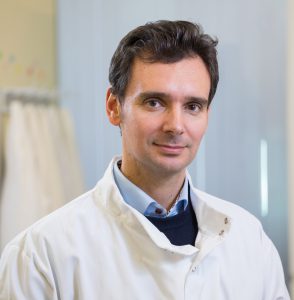

Prof Gert Attard is a John Black Charitable Foundation Endowed Chair in Urological Cancer Research at University College London. His main research interest is exploring treatment resistance to inform the development of new therapeutics and biomarkers for treatment resistant prostate cancer.
Emily is a CRUK funded clinical research fellow undertaking a PhD focused on personalising treatment for prostate cancer patients and identifying novel tests to better stratify patients to effective treatments. Her research involves genomic analyses of tumour material from patients recruited to the STAMPEDE trial.



Launched in 2005, STAMPEDE is one of the largest ongoing UK clinical trials into treating advanced prostate cancer.
The trial aims to evaluate new treatment approaches and compare them to existing options. So far, more than 10,000 people have joined STAMPEDE and results from the trial have already changed the way that prostate cancer is treated. For example, studies, including the STAMPEDE trial, showed that when chemotherapy or hormone therapy are given to patients earlier, they are more effective in delaying disease progression and enable men to live longer. By using DNA from men on the STAMPEDE trial, this project can gather information on the most cutting-edge new treatments.

Some men with prostate cancer respond better to treatments than other men do. Understanding why this is will help us to treat prostate cancer better for all men.

Prostate cancer is the name used for all cancers that start in the prostate.
However, prostate cancer tumours can be very different from each other. This can make it difficult to know the best way to treat an individual’s prostate cancer. Different cancers have unique features which may make them particularly suitable for a certain type of treatment. Patients could be given treatments not suited to their individual cancer or they may even be over treated. It may be possible to find patterns in the DNA of tumours that can be used to predict which treatment will work best for the individual patient.
By combining the results from this project with other research projects from STAMPEDE, the researchers hope to develop a test which can be used by doctors to choose the right treatment for patients based on the DNA profile of their individual cancer. This could also prevent some patients from being over treated and suffering unnecessary side effects.
The data collected from this study will be shared and could also be used to identify potential targets for new treatments.
The researchers will analyse prostate tumour DNA taken from samples collected from men on the STAMPEDE trial. They will identify patterns in the DNA and explore whether differences in tumour DNA can be matched with the patients’ response to treatment. If successful, biopsies taken from patients during diagnosis could be tested for these patterns in order to determine the best treatment pathway for the individual.

Professor Gerhard Attard received a PCR Project Award.
This project is still in the early stages but the researchers hope that combining the results from this study with other STAMPEDE projects could lead to changes in the way prostate cancer is treated. Once associations between tumour DNA and treatment response have been identified and validated, the test could be implanted into clinical practice very quickly.
This is a highly collaborative research project. Gert is working with five co-investigators from UCL and Bart’s Cancer Institute, including Dr Emily Grist from the Cancer Institute at UCL. In order to bring their project to life, they will be working with collaborators from the University of Birmingham, Christie Hospital, Harvard Medical School, the Institute of Cancer Research and GenomeDxBiosciences.